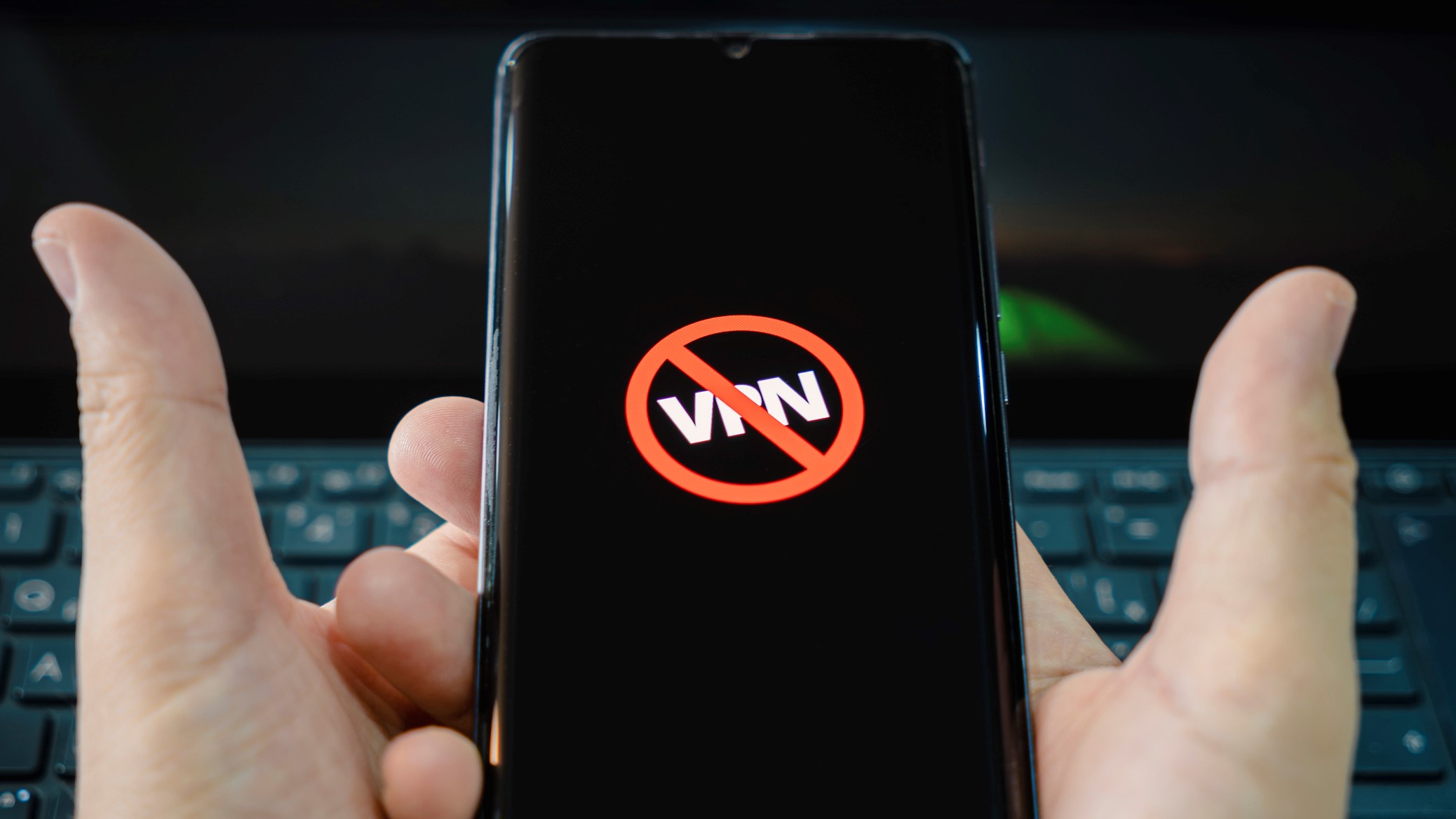A VPN in Russia has simply change into the primary ever supplier to file a lawsuit towards the Kremlin’s infamous censorship regulator.
HideMyName has acquired messages from Russian customers who couldn’t entry their web site since June 6, 2023. On the supplier’s finish, all the things was working tremendous. Additionally, no hint of the VPN service’s area identify might be discovered on Roskomnadzor’s checklist of blocking websites.
The VPN supplier then determined to take issues into their very own arms. After a technical investigation, the workforce discovered one thing fairly unusual. Port 433, which is liable for transferring info through the HTTPS protocol, was not truly blocked. Nonetheless, the server appeared to chorus from establishing communication through TLS protocol, thus not permitting customers to entry the location. That is when HideMyName realized it had sufficient tooth to problem the block on authorized grounds.
HideMyName’s authorized battle
“The best to a VPN, which is designed to create a safe connection in an unsecured community, ought to be protected in courtroom,” mentioned Sarkis Darbinyan, head of authorized observe on the Russian digital rights advocacy group Roskomvosvoboda – the group that helps the supplier with authorized recommendation and publicity concerning the case.
As Darbinyan defined to me, HideMyName’s case is sort of distinctive. First, plainly its blocking is in “shadow” as there isn’t a info accessible about it. This lack of transparency is legally problematic, even for a rustic like Russia.
Not solely that; the character of the blockage itself can be uncommon. It seems to be finished by means of Technical Risk Prevention Items (TSPU), that are particular {hardware} and software program established beneath the Sovereign Web Act. Nonetheless, HideMyName’s lawyer believes that the web site doesn’t meet the standards for threats outlined for this kind of blocking, corresponding to affecting the soundness, safety and integrity of the Web in Russia.
“That is the primary trial as a result of such blocking had by no means occurred earlier than,” he advised me. “Till 2022, censorship in Russia was strict, however fairly primitive. In keeping with the choices of varied courts, web sites of VPN providers had been blocked at varied instances, however you would nonetheless obtain the applying and safely use the VPN service.”

HideMyName is simply one of many many VPN providers which have encountered the iron fist of the Kremlin’s censorship machine. Greater than 167 VPNs have already been blocked in Russia in a technique or one other. Even worse, one other Roskomnadzor censorship campaign is predicted to start subsequent March, with the primary goal being VPNs that present entry to banned Meta-owned social media platforms.
“On-line censorship in Russia is getting stricter yearly,” Darbinyan mentioned. “Because the summer season of this yr, we’ve got already noticed the blocking of standard protocols on which most well-known VPN providers function, together with OpenVPN and Wireguard. And per week in the past, take a look at blocking of the trendy Shadowsocks protocol was already underway.”
Russia’s continued dedication to increasing its VPN censorship and different types of web restrictions makes this trial a vital second inside and outdoors the nation. Successful in courtroom will imply much more than getting a blocking website reinstated. It may well set a authorized precedent, and it’s important to have an opportunity to maintain the unlawful actions of the authorities.
Darbinyan mentioned that each HideMyName and Roskomvosvoboda are able to struggle this robust battle towards Roskomnadzor. They’re additionally able to escalate the case to worldwide courts, together with the UN Human Rights Committee, if mandatory.
He mentioned: “In the end, we hope that the darkish instances of the present Russian political regime will quickly finish, after which, on the idea of choices of worldwide courts, will probably be potential to liberalize and purify the regulation within the nation.”
We take a look at and overview VPN providers for legit leisure use. E.g: 1. Accessing a Service from one other nation (topic to the phrases and situations of that Service). 2. Defending your on-line safety and enhancing your on-line privateness while you’re overseas. We don’t assist or condone unlawful or malicious use of VPN providers. Consumption of paid-for pirated content material is neither endorsed nor endorsed by Future Publishing.

